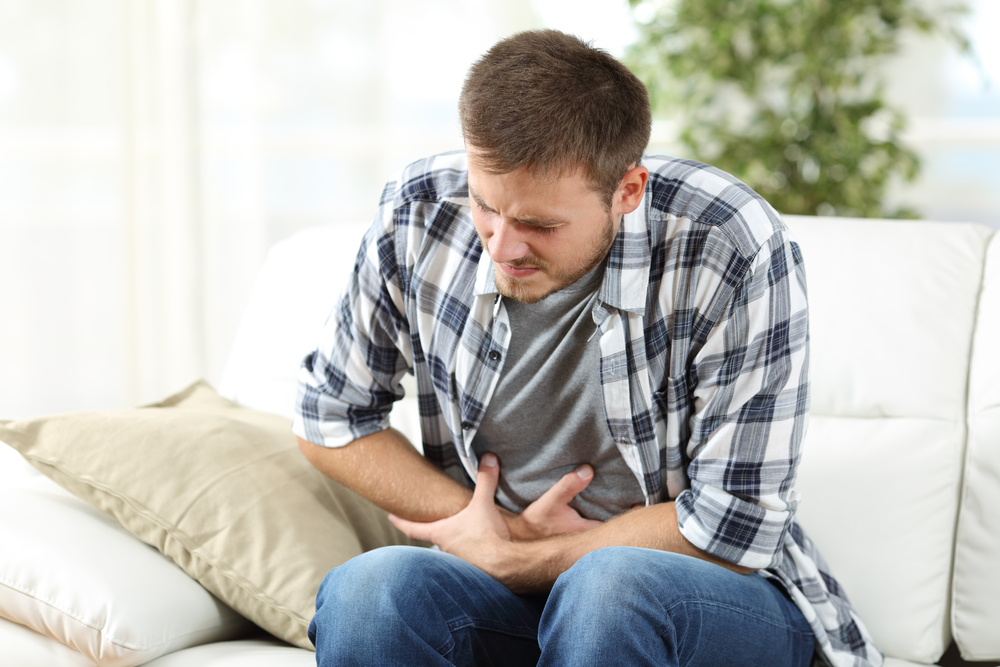DIAGNOSIS
Your doctors may choose the appropriate test based on the findings of the medical history, physical examination , and, if applicable, psychological evaluation. These tests include:
- Endoscopes
- X-rays and other imaging techniques
- Ultrasound scans
- Tiny amounts of radioactive materials
- Video capsule endoscopy
- Needles
- Pressure gauges
- Chemical measurements
This will help your doctors diagnose and treat your digestive problems. You may be advised fasting for about 8-12 hours to clear your digestive system. Other tests may have no preparation.
TREATMENT
There are more that 40 digestive diseases, thus treatment may vary from lifestyle changes to medication or surgery. Crohn’s disease vs ulcerative colitis, for instance, are treated separately as inflammatory bowel disease (IBD), depending on the severity and symptoms.
Other Digestive Disease Treatments:
Many of these digestive diseases have the same symptoms, but they could be treated depending on the severity, symptoms and the patient’s medical history:
- Lifestyle changes—quit smoking, limit alcohol consumption, light exercise
- Dietary changes—keep away from high-fat, acidic foods. Start consuming more fiber and healthy foods
- Over-the-counter medications—antacids and pain relievers may treat less severe conditions
- Prescription medications and antibiotics—prescriptions treat the disease and may be used for short-term or long-term depending on the condition
- Hospitalization—some conditions require stabilization, IV fluids, stomach draining and assessment at the hospital
- Surgery—for severe cases when the GI tract has been damaged or needs repair, surgery can remove cancerous or dead tissue
- Radiation/chemotherapy—These treatments may be used for cancers


